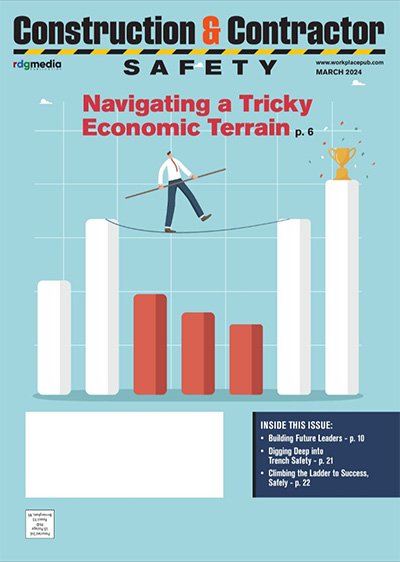EPA declines to adopt stricter regulations on soot
The EPA has declined to adopt stricter regulations on particle matter pollution, going against the recommendation of its own scientists to implement tougher standards, according to The Washington Post and The New York Times.
Administrator Andrew Wheeler, who was appointed by President Donald Trump, signed the standards, the Post said, citing conversations with two individuals familiar with the matter.
In doing so, the agency kept in place for five more years Obama-era regulations that set the annual particulate matter standard to 12 micrograms per cubic meter of air, according to the Post, which said EPA scientists “had recommended lowering the annual particulate matter standard to between 8 and 10 micrograms per cubic meter in a draft report last year, citing estimates that reducing the limit to 9 could save between 9,050 and 34,600 lives a year.”
The particles, which come from a litany of sources, including industrial operations, vehicle exhaust, power plants and smokestacks, according to the Post, “can enter the lungs and bloodstream, causing inflammation that can lead to asthma, heart attacks and other illnesses.”
Wheeler’s decision was criticized by the Natural Resources Defense Council which urged Biden to reverse it once he takes office.
“This administration could have strengthened the limits on soot to protect our lungs and give people at the highest risk of dying from Covid-19 a better chance at fighting off this virus. But it chose not to — leaving the health of tens of millions of Americans at risk,” John Walke, the group’s clean air director, said in a statement.
Share on Socials!
Pressure Increases to Implement Safe Alternatives to Compressed Air
Grace Industries announces the release of Grace Connected Safety®, a Connected Worker Safety Monitoring and Alerting System
US Department of Labor, National Labor Relations Board sign agreement to strengthen information-sharing, outreach on whistleblower protections
Leaders in Industrial Hygiene
Council for Accreditation in Occupational Hearing Conservation (CAOHC)
Subscribe!
Sign up to receive our industry publications for FREE!









